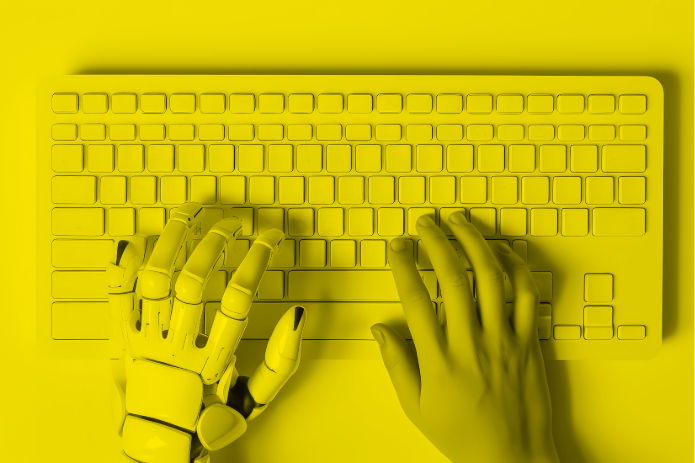The technological innovations projected for 2025 promise to deeply transform various sectors, bringing greater efficiency, connectivity, and new business models. The advancement of technologies such as artificial intelligence (AI), machine learning, 5G, and blockchain is reshaping markets and creating opportunities in areas such as healthcare, logistics, and finance.
“The impact of these technologies will be felt across all spheres of the economy. In healthcare, for example, artificial intelligence will be capable of providing personalized diagnoses and treatments with greater precision. In industrial production, advanced automation and predictive maintenance will optimize processes, reducing costs and increasing operational efficiency,” explains Vagner da Silva, coordinator of the Technology courses at Cruzeiro do Sul Virtual.
Connectivity will continue to be enhanced by 5G technology, which, due to its maturation, will bring significantly higher internet speeds and more stable connections. These characteristics will enable advancements in areas such as autonomous vehicles and telemedicine, facilitating remote medical consultations with exceptional video quality. Furthermore, the Internet of Things (IoT) promises an evolution in real-time data collection and analysis, with applications ranging from precision agriculture to smart inventory management in logistics.
also emerges as a pillar of innovation, offering security and transparency in financial transactions and supply chains. “blockchain também emerge como um pilar de inovação, oferecendo segurança e transparência em transações financeiras e cadeias de suprimentos. “A notable example is Drex, Brazil’s regulated digital currency backed by the Central Bank, which will use blockchain to represent assets such as real estate and vehicles in a fast, secure, and efficient manner,” Silva highlights.
In the job market, automation and AI are driving an inevitable transformation. Although some traditional roles are being replaced, new professions are emerging at an accelerated pace. Cybersecurity, data analysis, and software development are expanding fields, while creative and interpersonal skills become increasingly valuable. According to the coordinator, machines can efficiently perform repetitive tasks, but critical thinking, creativity, and empathy are irreplaceable human skills that will be differentiators in the future job market.
The integration of these technologies in organizations presents challenges, such as resistance to change and the need for training. According to the expert, overcoming these barriers requires a human-centered approach. “Companies must invest in continuous training and create an innovation culture that allows employees to feel part of the transformation process,” he explains.
By 2025, the outlook is one of a technological revolution that reconfigures both economic opportunities and human interactions. Companies and professionals who adapt quickly will have a significant advantage in this new digital landscape.


